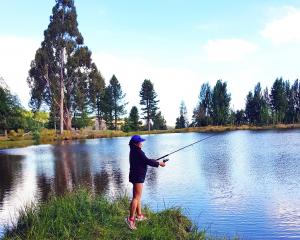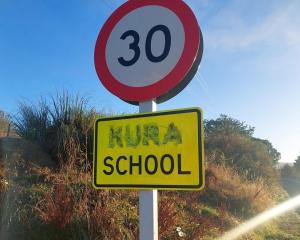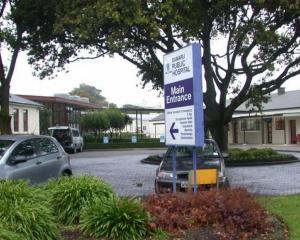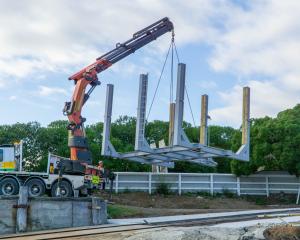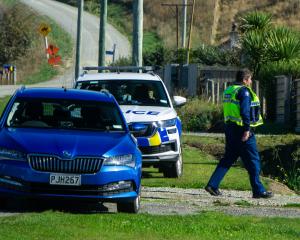The North Otago branch of the New Zealand Property Investors has also suggested a combined effort to appraise and upgrade earthquake-prone buildings.
Its president Helen Stead suggested it would be cheaper and beneficial for everyone to do several buildings rather than one at a time.
On Friday, the Otago Mayoral Forum called for a united front by the 10 Otago-Southland councils in opposing Government earthquake-prone buildings legislation, in its first reading at Parliament, and a combined approach to appraising and strengthening structures.
Mrs Stead said yesterday New Zealand was doing very well from Otago and Southland tourism and agriculture. North Otago tourism was growing from many sources, including Oamaru's heritage buildings.
''Why are these most productive parts of New Zealand being victimised by illogical and unworkable building code earthquake-strengthening requirements that militate against the eco-heritage tourism aspect of those same rural and regional servicing economies?'' she asked.
''Killing the goose that laid the golden egg'' came to her mind and regional economies were at risk for ''a fabled strengthening level''.
The North Otago branch planned a seminar in May which would bring together engineers, local government, the Government, property owners, banks, insurers and other affected parties to find viable solutions.
Mrs Stead also wanted a joint Government-council-property owners approach to appraising and upgrading buildings rather than a piecemeal and individual approach.
That would not only ensure consistency, it would be more worthwhile for engineers and contractors, possibly saving property owners money, if a group of buildings was assessed and strengthened at the same time.
Pointing to the large number of heritage buildings made from unreinforced masonry in Oamaru and North Otago, Mrs Stead failed to see an economic benefit spending huge sums of money strengthening the structures when less costly alternatives could be used.
That would also divert human and financial resources away from agriculture and tourism, big earners for the New Zealand economy.
''We need practical town and street strengthening options, optimally done block by block.
''This is less risky for people, less costly, less business time lost and less invasive for heritage,'' she said.

